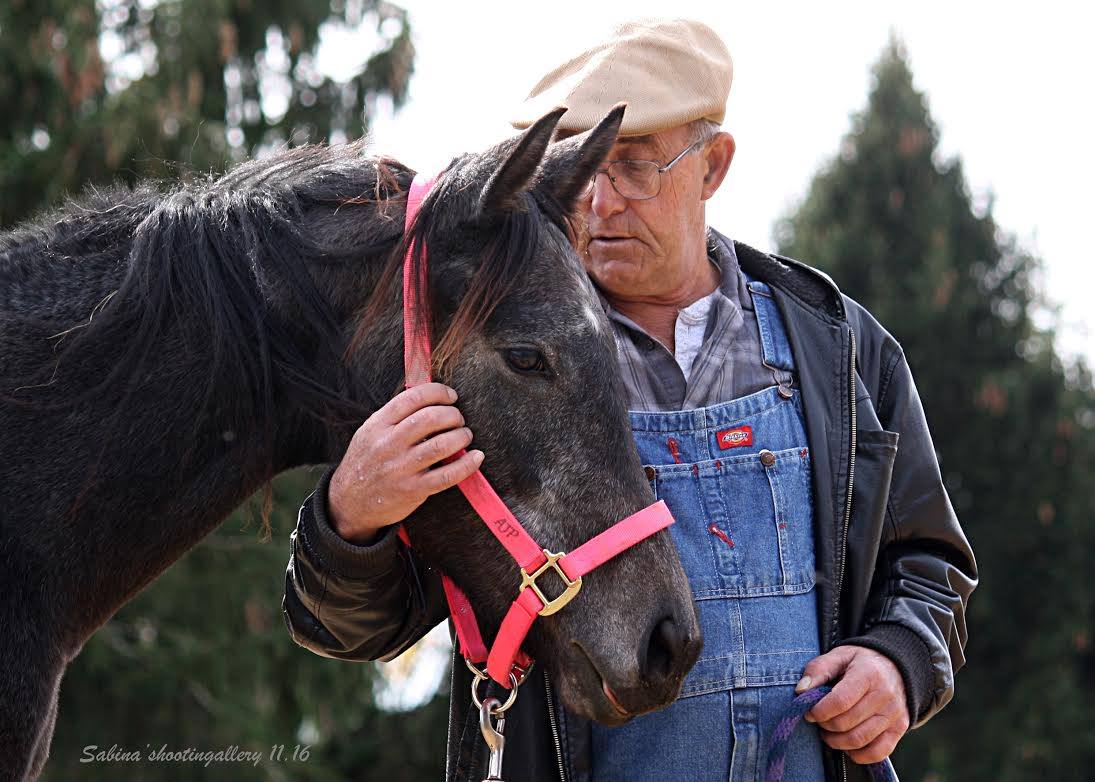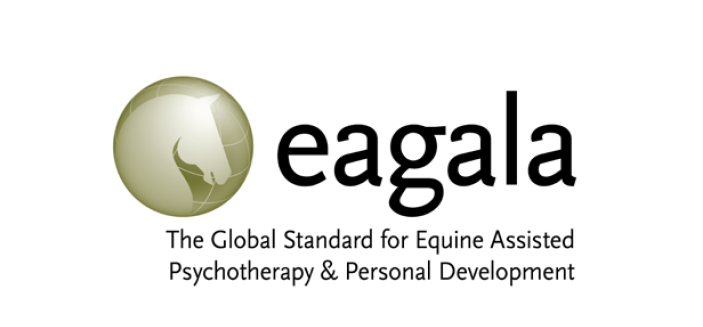Efficacy of the EAGALA Model in Equine Assisted Therapy
Aug 16, 2017 | News, News Archive

Current Published Studies contributing to the evidence base of the EAGALA Model:
- Nurenberg, J.R. etal (2014). Animal-assisted therapy with chronic psychiatric inpatients: Equine-assisted psychotherapy and aggressive behavior. Psychiatric Services in Advance, Oct. 1-7.
- EAGALA Model: Study included 90 hospitalized psychiatric patients who had recent violent or regressed behaviors. Participants were randomly selected to one of the following groups for 10 weeks: EAGALA Model EAP, canine group, social skills group or routine hospital activities (control group). Found that those in the EAGALA group showed largest decrease in violent behavior as measured by incidents of violent behavior (hospital tracking system).
- Kemp, K., Signal, T., Botros, H., Taylor, N., Prentice, K. (2013). Equine facilitated therapy with children and adolescents who have been sexually abused: A program evaluation study. Journal of Child and Family Studies, 23, 558-566.
- EAGALA Model. EAGALA Model EAP intervention for adolescents who experienced sexual abuse & trauma – measured psychological distress and found significant improvements in functioning after the equine intervention.
A pilot study is a small scale preliminary study conducted in order to evaluate whether something can be done (feasibility) and improve upon the study design prior to performance of a full-scale. A pilot study can thus provide useful information as to whether it is worthwhile conducting a larger scale study and help determine the sample size needed to detect a significant effect. Below are pilot studies with promising results that would be great to see replicated on a larger scale:
- Whittlesey-Jerome, W.K. (2014). Adding equine-assisted psychotherapy to conventional treatments: A pilot study exploring ways to increase adult self-efficacy among victims of interpersonal violence. The Practitioner Scholar: Journal of Counseling and Professional Psychology, 3, 82-101.
- EAGALA Model: Pilot study looking at adding EAGALA Model EAP to existing conventional treatment for victims of interpersonal violence. Found that EAGALA group had more improvement with self-efficacy, depression and general functioning.
- Schultz, P. N., Remick‐Barlow, G., & Robbins, L. (2007). Equine‐assisted psychotherapy: A mental health promotion/intervention modality for children who have experienced intra‐family violence. Health & Social Care in the Community, 15 (3), 265-271.
- EAGALA Model: Pilot study investigating the efficacy of EAP in children referred for psychotherapy for mental health and behavioral issues in a one-group pretest-posttest quasi-experiment. GAF scores improved from pretest to posttest; improvements were positively correlated with number of EAP sessions.
PO Box 993, Santaquin, UT 84655 ∙ 801-754-0400 ∙ www.eagala.org ∙ research@eagala.org
- EAGALA Model: Pilot study investigating the efficacy of EAP in children referred for psychotherapy for mental health and behavioral issues in a one-group pretest-posttest quasi-experiment. GAF scores improved from pretest to posttest; improvements were positively correlated with number of EAP sessions.
- Black, M. (2016). Combating compassion fatigue in community care professionals using the EAGALA model. Counseling Australia, Winter, 8-13.
- EAGALA Model: Pilot study investigating the efficacy of the EAGALA Model to treat compassion fatigue in community care professionals. A group of 10 professionals self-selected to participate in a 7-session group program following the EAGALA Model. Compassion, compassion fatigue, and burnout were measured at pre and posttest. Results showed significant decreases in compassion fatigue and burnout and increases in compassion satisfaction at posttest. Emotional awareness and emotional management of others also increases significantly.
- Whittlesey-Jerome W. K., Schultz, P. N., & Tomaka, J. (2016). Adding equine assisted psychotherapy to conventional treatment: A case study of adolescent resilience among charter high school students. Pediatrics & Therapeutics 6, (1), 1-10.
- Case study comparing effects of EAGALA Model group sessions and psychoeducational group sessions on resiliency in charter school students. Participants were in pre-existing groups, each attending four 2-hour weekly sessions over one month. The data showed trends in improvements in mastery and relatedness in the EAGALA group over and above those found in the nonequivalent control group. However, these differences were not statistically significant. Replication with larger samples and random assignment to groups is warranted.
Non-empirical articles discussing EAGALA Model EAP:
- Notgrass, C. G., & Pettinelli, J. D. (2015). Equine assisted psychotherapy: The equine assisted growth and learning association’s model overview of equine-based modalities. Journal of Experiential Education, 38 (2), 162-174.
- EAGALA Model: Non-empirical journal article describing the EAGALA Model.
* Please note studies are reviewed approximately every 6 months. If you are aware of a study that you think should be reviewed for inclusion on this list, please email us at research@eagala.org


